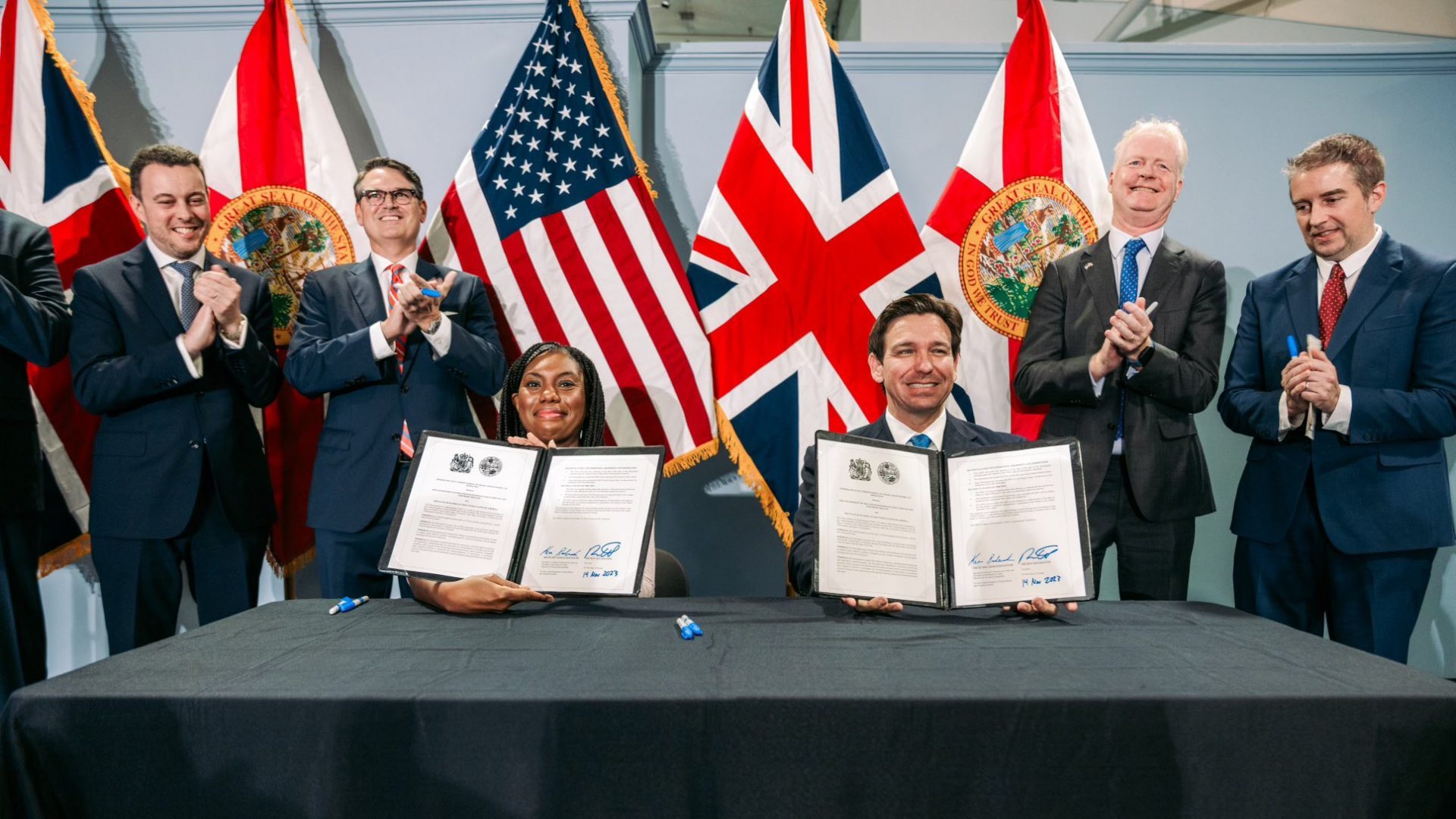There are times when you have to commit heresy, whether driven by conscience or a need to follow what you see as the truth. When the UK was a hotbed of Protestantism versus Catholicism, heretics faced burning at the stake. I am hoping the penalty for heresy against the New European is, to say the least, somewhat lesser.
Because as it transpires, sometimes the UK is quite different from the rest of Europe, and – whisper it – every now and then that’s in ways that reflect well on our country. One such example is the UK’s judge-led Covid inquiry, at which Boris Johnson has been giving his evidence this week.
The UK’s political and administrative leaders have had to hand over all their official and unofficial communications and then appear at the inquiry, to be publicly questioned in a meticulous, inquisitorial process. They have largely complied with the process (not that they had much choice) uncomplainingly, barring a few efforts to try to exclude certain embarrassing WhatsApp messages.
Despite the occasional grumbling in the commentariat, this is surely a good thing. Covid-19 has killed at least 230,000 people in the UK (with 259 dying with Covid in the most recent weekly statistics). Lockdown was the biggest peacetime deprivation of liberty for the UK populace in its modern history. The economic toll of the whole thing was huge. We had also been led to believe we were uniquely well-equipped to handle something like Covid-19, only to find out this was dramatically not the case.
The inquiry process won’t satisfy everyone – no process could – but has a lot to recommend it. The process itself makes a lot of the decision-making open to the public, allowing us to draw our own conclusions based on what we can now see that otherwise we never would have seen.
It also involves an entirely independent team taking months and years to evaluate all of the contradictory evidence to set out what happened, and crucially what can be done to make sure that should something like this happen again, the response will be better. It also gives the judge overseeing the process a large degree of leeway in how the process is structured, to balance gathering information and publishing decisions. It cannot be easily influenced by politics – it is unaffected by elections, unlike parliamentary procedures, which can often end up simply dividing by party line.
It’s interesting, therefore, that the UK is essentially on its own in holding an inquiry of this sort into its Covid-19 response. You might reflexively assume that this was essential because the UK’s coronavirus response was particularly bad – and it does certainly feel as if it was uniquely chaotic.
We had, after all, the scandal of the UK’s sluggishness to respond during the early days of Covid, when we could all see it approaching like the proverbial iceberg towards the Titanic throughout February 2020. We had the shambolic lack of basic protective supplies, followed by scandalous waste (and possible corruption) in the procurement to fill that shortfall.
Test and trace felt like a disaster, even if the overwhelming majority of the £37bn spend went on actual Covid tests (like the lateral flow ones many of us still have at home) and contact tracing, rather than on the app as is sometimes misleadingly suggested. A brief honourable mention should, one supposes, go to the triumph that was the UK’s initial rollout of the vaccine – but in the public mind, this was set against the obvious public farce of endless Downing Street rule-breaking, and the endless untruths to cover it up.
All of that makes it feel as if we might have some unique, egregious need for an inquiry, but on the very zoomed-out facts, it’s less clear that we did. Using data collated by Statista, we know that by January 2023 (the latest data available), the UK had 298 Covid deaths per 100,000 people. That adds up to a lot of deaths, but it is around the middle of the range for European nations.
Using the same measures, the UK death rate was higher than France (245), Portugal (251), and Belgium (291) – but it was lower than other major European nations, too. Italy had 311 deaths per 100,000 people, Poland had 313, Greece 327, and the top of the table Bulgaria had a massive 549.
The UK was slightly above the average of major European nations when it came to Covid deaths, but it was by no means an outlier. For all the chaos of central government, the results were not particularly different (lockdown-sceptic favourite Sweden had 220, while Germany had 197).
There is no other nation doing anything obviously similar to the UK’s statutory inquiry process. The US Senate has had several abortive attempts to create a bipartisan investigation – procedures that in the past have been incredibly thorough, and which have serious powers – but so divided is US politics at present, these have not got off the ground.
Sweden is conducting an independent inquiry of sorts, but at a more modest scale than the UK’s. France and Italy are engaged in criminal investigations into certain aspects of each country’s Covid response, though it should be noted that criminal investigations of politicians are much more commonplace in those countries than here (and often lead nowhere). More countries are engaged in parliamentary investigations into aspects of the Covid response – but the UK has also carried these out.
It is possible that given the undermining of public trust that occurred thanks to the government’s chaotic and shambolic Covid response, the UK was forced into the inquiry process from a position of weakness. After the endless scandals and the real public anger towards the political centre, something had to give. Johnson and co would never have conceded something like this were there any other choice.
But perhaps also it is a small symbol of hope, that despite our fractious politics and the government’s endless, failed attempts to lean towards populism, the system here is still working, for now – public anger led towards a public inquiry, which is delivering the answers and accountability that we needed. For once, we’re getting something right.




